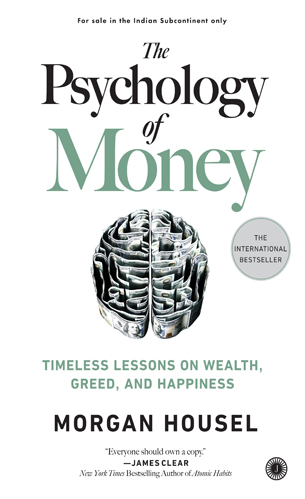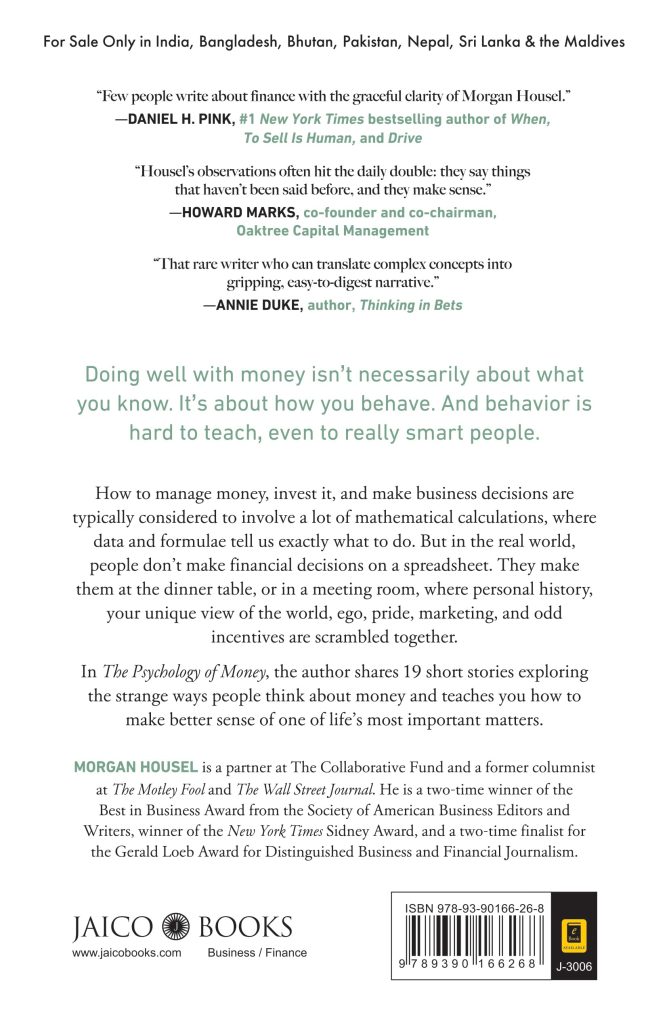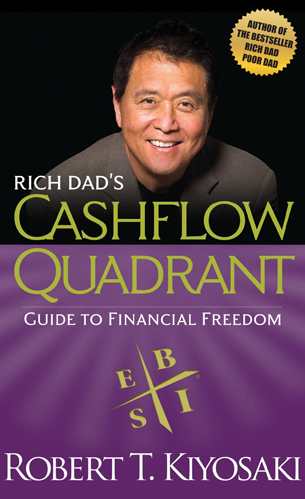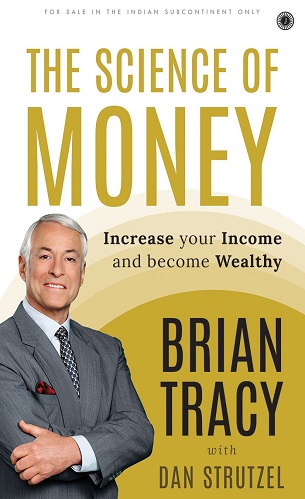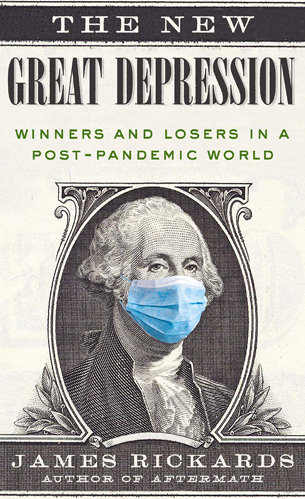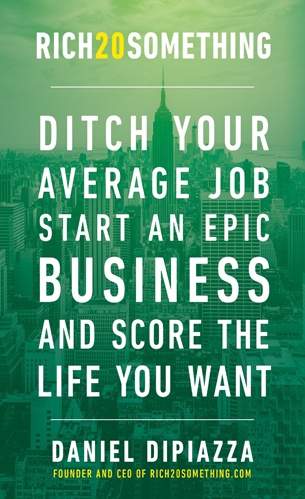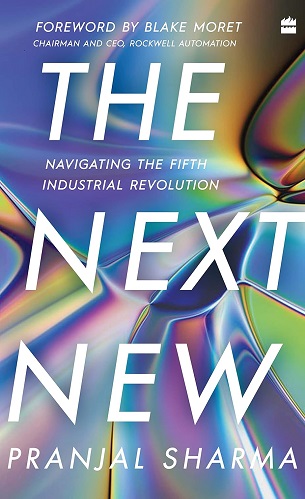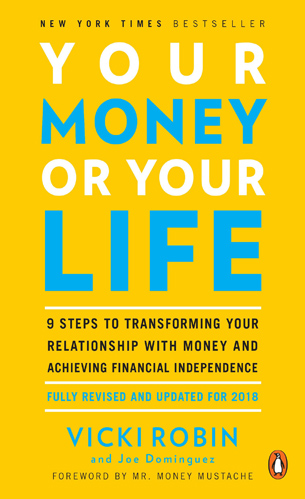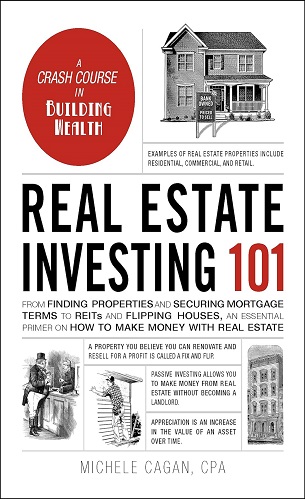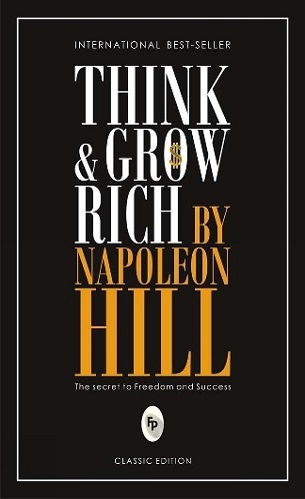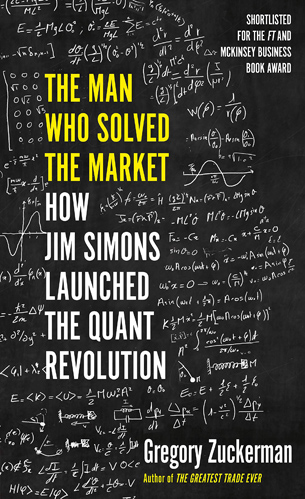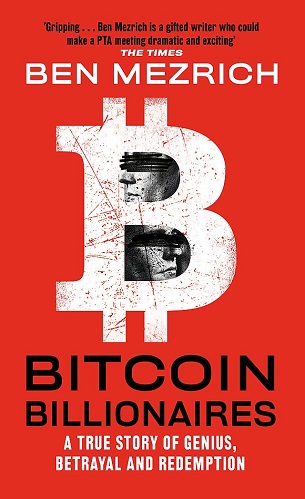Category
- Discounted Books
- English Book Bundles
- University Magazines
- சிறுவர்களுக்கான புத்தகங்கள்
- Children Books
- English Books
- Current Affairs
- Military & Intelligence
- Short Stories
- Fiction
- Poetry
- Environment & Nature
- Science
- Medicine
- Linguistics
- Atheism & Agnosticism
- (Auto)Biography & Memoir
- Business & Management
- Creativity
- Economics
- Education & Research
- Health & Nutrition
- History
- Humor
- Love & Relationships
- Parenting
- Personal Development
- Personal Finance
- Philosophy
- Politics
- War
- Psychology
- Religion & Spirituality
- Society & Culture
- Sports
- Travel & Adventure
- Technology & the Future
- True Crime
- Women Empowerment
- தமிழ் Books
- Book Bundles ( தமிழ் )
- சட்டம்
- இயற்கை
- கட்டுரை
- கணிதம்
- பயணக்குறிப்புகள்
- விவசாயம்
- அரசியல்
- ஆரோக்கியம்
- உளவியல்
- புனைவு
- காதல் மற்றும் உறவு
- சமூகவியல்
- சுயசரிதைகள் மற்றும் நினைவுகள்
- சுயமுன்னேற்றம்
- தத்துவஞானம்
- தொழில்நுட்பம் & எதிர்காலம்
- பொருளாதாரம்
- போர்
- பணம்
- மதம் & ஆன்மீகம்
- வணிகம் & மேலாண்மை
- வரலாறு
- விஞ்ஞானம் & பிரபல அறிவியல்
- விளையாட்டு
- சினிமா
- கவிதைகள்
- குழந்தை வளர்ப்பு
- குற்றம்
- மருத்துவம்
- மொழி
Product categories
- Children Books
- Discounted Books
- English Book Bundles
- English Books
- (Auto)Biography & Memoir
- Atheism & Agnosticism
- Business & Management
- Creativity
- Current Affairs
- Economics
- Education & Research
- Environment & Nature
- Fiction
- Health & Nutrition
- History
- Humor
- Linguistics
- Love & Relationships
- Medicine
- Military & Intelligence
- Parenting
- Personal Development
- Personal Finance
- Philosophy
- Poetry
- Politics
- Psychology
- Religion & Spirituality
- Science
- Short Stories
- Society & Culture
- Sports
- Technology & the Future
- Travel & Adventure
- True Crime
- War
- Women Empowerment
- University Magazines
- சிறுவர்களுக்கான புத்தகங்கள்
- தமிழ் Books
- Book Bundles ( தமிழ் )
- அரசியல்
- ஆரோக்கியம்
- இயற்கை
- உளவியல்
- கட்டுரை
- கணிதம்
- கவிதைகள்
- காதல் மற்றும் உறவு
- குற்றம்
- குழந்தை வளர்ப்பு
- சட்டம்
- சமூகவியல்
- சினிமா
- சுயசரிதைகள் மற்றும் நினைவுகள்
- சுயமுன்னேற்றம்
- தத்துவஞானம்
- தொழில்நுட்பம் & எதிர்காலம்
- பணம்
- பயணக்குறிப்புகள்
- புனைவு
- பொருளாதாரம்
- போர்
- மதம் & ஆன்மீகம்
- மருத்துவம்
- மொழி
- வணிகம் & மேலாண்மை
- வரலாறு
- விஞ்ஞானம் & பிரபல அறிவியல்
- விளையாட்டு
- விவசாயம்
The Psychology of Money: Timeless Lessons on Wealth, Greed, and Happiness
Rs. 2,290.00

Morgan Housel
Gain invaluable insights into the psychology of money with Morgan Housel’s “The Psychology of Money.” Delve into the complex relationship between our emotions, behaviors, and financial decisions, and learn how to cultivate a mindset that leads to lasting wealth and security.
Housel’s engaging narrative explores the psychological biases that influence our financial choices and offers practical advice for managing money effectively. Whether you’re a seasoned investor or just starting on your financial journey, this book provides timeless wisdom and actionable strategies for achieving financial success. Unlock the secrets to a healthier relationship with money, make smarter financial decisions, and build a more secure future for yourself and your loved ones. Order your copy of “The Psychology of Money” now and take control of your financial destiny
“The Psychology of Money is bursting with interesting ideas and practical takeaways. Quite simply, it is essential reading for anyone interested in being better with money. Everyone should own a copy.” ―James Clear, Author, millioncopy bestseller Atomic Habits
“Few people write about finance with the graceful clarity of Morgan Housel. The Psychology of Money is an essential read for anyone who wants to make wiser decisions or live a richer life.” ―Daniel H. Pink, #1 New York Times Bestselling Author of WHEN, TO SELL IS HUMAN, and DRIVE
“Morgan Housel is that rare writer who can translate complex concepts into gripping, easy-to-digest narrative. The Psychology of Money is a fast-paced, engaging read that will leave you with both the knowledge to understand why we make bad financial decisions and the tools to make better ones.” ―Annie Duke, Author, Thinking in Bets
“Morgan Housel is one of the brightest new lights among financial writers. He is accessible to everyone wanting to learn more about the psychology of money. I highly recommend this book.” ―James P. O’Shaughnessy, Author, What Works on Wall Street
“Housel’s observations often hit the daily double: they say things that haven’t been said before, and they make sense.” ―Howard Marks, Director and CoChairman, Oaktree Capital & Author, The Most Important Thing and Mastering the Market Cycle
Out of stock
Notify me when stock available
Doing well with money isn’t necessarily about what you know. It’s about how you behave. And behavior is hard to teach, even to really smart people.
Money―investing, personal finance, and business decisions―is typically taught as a math-based field, where data and formulas tell us exactly what to do. But in the real world people don’t make financial decisions on a spreadsheet. They make them at the dinner table, or in a meeting room, where personal history, your own unique view of the world, ego, pride, marketing, and odd incentives are scrambled together.
In The Psychology of Money, award-winning author Morgan Housel shares 19 short stories exploring the strange ways people think about money and teaches you how to make better sense of one of life’s most important topics.
About the Author
Morgan Housel is a partner at The Collaborative Fund and a former columnist at The Motley Fool and The Wall Street Journal. He is a two-time winner of the Best in Business Award from the Society of American Business Editors and Writers, winner of the New York Times Sidney Award, and a two-time finalist for the Gerald Loeb Award for Distinguished Business and Financial Journalism.
Book Specifications
Title: The Psychology of Money: Timeless lessons on wealth, greed, and happiness
Author: Morgan Housel
Language: English
Binding: Paperback
Pages: 252
Weight: 220g
Published Year: 2020
Publisher: Jaico Publishing House
ISBN: 978-9390166268
Dimensions: 20.3 x 25.4 x 4.7 cm
Print size: Please feel free to drop us a message.
Reviews
Related products
-
Rich Dad’s Cashflow Quadrant: Guide to Financial Freedom
Rs. 3,090.00or 3 X Rs.1,030.00 with Read more
Read moreRobert T. Kiyosaki
Rich Dad’s CASHFLOW Quadrant is a guide to financial freedom. It’s the second book in the Rich Dad Series and reveals how some people work less, earn more, pay less in taxes, and learn to become financially free.
CASHFLOW Quadrant was written for those who are ready to move beyond job security and enter the world of financial freedom. It’s for those who want to make significant changes in their lives and take control of their financial future.
Robert believes that the reason most people struggle financially is because they’ve been spent years in school but were never been taught about money. Robert’s rich dad taught him that this lack of financial education is why so many people work so hard all their lives for money… instead of learning how to make money work for them.
This book will change the way you think about jobs, careers, and owning your own business and inspire you to learn the rules of money that the rich use to build and grow their wealth.
-
The Science of Money: How to Increase Your Income and Become Wealthy
Rs. 1,890.00or 3 X Rs.630.00 with Add to cart
Add to cartBrian Tracy, Dan Strutzel
Increase your Income and become wealthy The topic of money – how to create it, invest it and spend it wisely – remains the most fascinating subject of discussion around the world.
Scores of books, articles, blog posts and videos have been created around it. But somehow there still seems to be confusion regarding wealth creation. There is so much “white noise” around this subject that most people either rely on chance for their fortunes or ignore the topic altogether.
The Science of Money is an attempt to dispel all myths related to the topic of making money and making it last. According to authors Brian Tracy and Dan Strutzel, there is a science of money just as there is the science of medicine, engineering, nutrition and the like. This book ends all confusion once and for all and presents in one comprehensive program the essential truths about money.
If you simply study the ideas in this program and apply them to your life and your business, you will become financially successful – as sure as tomorrow’s sunrise.
-
The New Great Depression: Winners and Losers in a Post-Pandemic World
Rs. 2,890.00Original price was: Rs. 2,890.00.Rs. 2,490.00Current price is: Rs. 2,490.00.or 3 X Rs.830.00 with Read more
Read moreJames Rickards
- A Wall Street Journal and National Bestseller!
“Rickards…makes the important point that depressions are as much psychological as numeric…Intriguing policy recommendation…sound advice to investors on how to structure a portfolio to deal with both the threat of deflation and inflation…a bracing collection of salvos…with many genuine insights, which make it an enjoyable book to argue with. Let’s just hope that the next 30 years are less bleak than Mr Rickards expects.” —The Financial Times
The man who predicted the worst economic crisis in US history shows you how to survive it.
The current crisis is not like 2008 or even 1929. The New Depression that has emerged from the COVID pandemic is the worst economic crisis in U.S. history. Most fired employees will remain redundant. Bankruptcies will be common, and banks will buckle under the weight of bad debts. Deflation, debt, and demography will wreck any chance of recovery, and social disorder will follow closely on the heels of market chaos. The happy talk from Wall Street and the White House is an illusion. The worst is yet to come.
But for knowledgeable investors, all hope is not lost.
In The New Great Depression, James Rickards, New York Times bestselling author of Aftermath and The New Case for Gold, pulls back the curtain to reveal the true risks to our financial system and what savvy investors can do to survive — even prosper — during a time of unrivaled turbulence. Drawing on historical case studies, monetary theory, and behind-the-scenes access to the halls of power, Rickards shines a clarifying light on the events taking place, so investors understand what’s really happening and what they can do about it.
A must-read for any fans of Rickards and for investors everywhere who want to understand how to preserve their wealth during the worst economic crisis in US history.
-
Rich20Something: Ditch Your Average Job, Start an Epic Business, and Score the Life You Want
Rs. 2,490.00Original price was: Rs. 2,490.00.Rs. 2,190.00Current price is: Rs. 2,190.00.or 3 X Rs.730.00 with Read more
Read moreDaniel DiPiazza
“Rich20Something reminded me that my goals aren’t too far off, and that, regardless of my age, I can create a business that gives me freedom and great income!”–Arne Giske, founder, The Millennial Entrepreneur podcast
“Daniel DiPiazza gives you all the tools to build the foundation for your dreams to become a reality.”–Bruce Rodrigues de Jesus, entrepreneur
“I always knew I wanted to do something big but it wasn’t until I became part of Daniel’s community and started learning from him that I actually took action. Thanks to him and Rich20Something.com for inspiring and motivating me every day!”–Jordan Nicole Gill, founder, Jordan and Janes
“Daniel is a truly down-to-earth person who doesn’t mind getting in the trenches with you….I have seen my life–and business–grow tremendously due to the valuable knowledge I’ve obtained as part of the Rich20Something community.”–Andre Hill, CEO and award-winning producer
“Daniel’s support with the Rich20Something community and his insights are probably the #1 reason I’ve had the success I’ve experience in business so far.”–Robert James Collier, founder, Entrepreneurs Dinner
-
The Next New : Navigating the Fifth Industrial Revolution
Rs. 3,490.00Original price was: Rs. 3,490.00.Rs. 3,290.00Current price is: Rs. 3,290.00.or 3 X Rs.1,096.67 with Read more
Read morePranjal Sharma
“A compelling book that explains how the intersection of technological, societal, and economic forces is ushering in a new era of opportunity, not just for prosperity but for the well-being of our communities and planet.”—Børge Brende, President, World Economic Forum
“The fifth industrial revolution opens up opportunities for organizations to do business in new and better ways. Sustainable transformation is the challenge of our generation to ensure growth and opportunity for all. Pranjal’s book is a testament to this.”—Aiman Ezzat, CEO, Capgemini
WELCOME TO THE FIFTH INDUSTRIAL REVOLUTION!
The progression of all the industrial revolutions tells an interesting tale. While the first two had a cycle of over a hundred years each, the third reduced it to around seventy years.
With the fourth industrial revolution, the world took a giant leap in connectivity. However, not many would have imagined that the fourth industrial revolution, would give way to the fifth within the next decade, paving the way for exponential technology-led transformation.
As you read this, the creative destruction of business models taking place across the world in every sector. From the ashes of the old are rising stunning new models.
The Next New identifies and profiles the deep shifts that are fundamentally changing professional careers and revenue models in every industry-from mobility, aerospace, and smart manufacturing to green energy, automation and artificial intelligence, and a whole range of disruptive technologies. Driven by emerging technologies, demand for social inclusion, and the urgency of sustainable practices, a multitrillion-dollar transition is underway.
Drawing on numerous interviews of business leaders and cutting-edge research findings from MarketsandMarkets, this book provides a practical roadmap to businesses as they prepare for the new ecosystem being created, in turn helping to articulate the fifth industrial revolution with greater success.
-
Your Money or Your Life: 9 Steps to Transforming Your Relationship with Money and Achieving Financial Independence
Rs. 2,790.00or 3 X Rs.930.00 with Read more
Read moreVicki Robin and Joe Dominguez
“The best book on money period.” –Grant Sabatier, founder of “Millennial Money,” on CNBC Make It
“Vicki Robin’s Your Money or Your Life offers readers the gift of meaningful, applicable advice so that they can achieve true financial independence on their terms. It is deservedly one of the most acclaimed and referenced financial advice books of our time and will undoubtedly continue that legacy for generations.” — Farnoosh Torabi, bestselling financial author and host of the award-winning podcast So Money
A fully revised edition of one of the most influential books ever written on personal finance with more than a million copies sold
For more than twenty-five years, Your Money or Your Life has been considered the go-to book for taking back your life by changing your relationship with money. Hundreds of thousands of people have followed this nine-step program, learning to live more deliberately and meaningfully with Vicki Robin’s guidance. This fully revised and updated edition with a foreword by “the Frugal Guru” (New Yorker) Mr. Money Mustache is the ultimate makeover of this bestselling classic, ensuring that its time-tested wisdom applies to people of all ages and covers modern topics like investing in index funds, managing revenue streams like side hustles and freelancing, tracking your finances online, and having difficult conversations about money.
Whether you’re just beginning your financial life or heading towards retirement, this book will show you how to:
- Get out of debt and develop savings
- Save money through mindfulness and good habits, rather than strict budgeting
- Declutter your life and live well for less
- Invest your savings and begin creating wealth
- Save the planet while saving money
- …and so much more!
-
Real Estate Investing 101
Rs. 3,290.00or 3 X Rs.1,096.67 with Read more
Read moreMichele Cagan CPA
“A fascinating read and perfect for anyone looking for a safe way to invest and make more money.” ― Budget EarthA comprehensive, accessible, and easy-to-understand guide to everything you need to know about real estate investing.
Real estate investing is a great way to build a business or make money on the side—and you don’t have to be a full-time landlord to do it.
Real Estate Investing 101 walks you through everything you need to know, from raising capital to uncovering new opportunities. You’ll learn the difference between purchasing traditional property and investing in funds such as REITs and interval funds—plus new types of realty investment, like crowd-funded real estate, the senior housing boom, eco-housing, and blockchain technology.
With the expert advice in Real Estate Investing 101 to guide you, you can invest with confidence and generate profits.
-
Think and Grow Rich
Rs. 1,490.00or 3 X Rs.496.67 with Read more
Read moreNapoleon Hill
- By 2015 over 100 million copies had been sold worldwide
- Listed in John C. Maxwell’s A Lifetime “Must Read” Books List.
- BusinessWeek magazine’s Best-Seller List ranked it the sixth best-selling paperback business book 70 years after it was published.
“During the past twenty-five years I have been blessed with more good fortune than any individual deserves but I shudder to think where I’d be today, or what I’d be doing if I had not been exposed to Napoleon Hill’s philosophy. It changed my life.” –Og Mandino, The Greatest Salesman in the World
-
The Man Who Solved the Market: How Jim Simons Launched the Quant Revolution
Rs. 3,190.00or 3 X Rs.1,063.33 with Read more
Read moreGregory Zuckerman
- SHORTLISTED FOR THE FT AND MCKINSEY BUSINESS BOOK OF THE YEAR AWARD 2019
- NEW YORK TIMES BESTSELLER
- SUNDAY TIMES BUSINESS BESTSELLER
Zuckerman vividly tells the story of how Jim Simons and his team of scientists developed the most successful quantitative trading operation in history. . . . Immensely enjoyable ― Edward O. Thorp, author of A Man for All Markets
Jim Simons is the greatest moneymaker in modern financial history. His record bests those of legendary investors, including Warren Buffett, George Soros and Ray Dalio. Yet Simons and his strategies are shrouded in mystery. The financial industry has long craved a look inside Simons’s secretive hedge fund, Renaissance Technologies and veteran Wall Street Journal reporter Gregory Zuckerman delivers the goods.
After a legendary career as a mathematician and a stint breaking Soviet codes, Simons set out to conquer financial markets with a radical approach. Simons hired physicists, mathematicians and computer scientists – most of whom knew little about finance – to amass piles of data and build algorithms hunting for the deeply hidden patterns in global markets. Experts scoffed, but Simons and his colleagues became some of the richest in the world, their strategy of creating mathematical models and crunching data embraced by almost every industry today.
As Renaissance became a major player in the financial world, its executives began exerting influence on other areas. Simons became a major force in scientific research, education and Democratic politics, funding Hilary Clinton’s presidential campaign. While senior executive Robert Mercer is more responsible than anyone else for the Trump presidency – he placed Steve Bannon in the campaign, funded Trump’s victorious 2016 effort and backed alt-right publication Breitbart. Mercer also impacted the success of the Brexit campaign as he made significant investments in Cambridge Anatlytica. For all his prescience, Simons failed to anticipate how Mercer’s activity would impact his firm and the world.
In this fast-paced narrative, Zuckerman examines how Simons launched a quantitative revolution on Wall Street, and reveals the impact that Simons, the quiet billionaire king of the quants, has had on worlds well beyond finance.
-
Bitcoin Billionaires: A True Story of Genius, Betrayal, and Redemption
Rs. 3,090.00or 3 X Rs.1,030.00 with Read more
Read moreBen Mezrich
From Ben Mezrich, the New York Times bestselling author of The Accidental Billionaires and Bringing Down the House, comes Bitcoin Billionaires–the fascinating story of brothers Tyler and Cameron Winklevoss’s big bet on crypto-currency and its dazzling pay-off.
Ben Mezrich’s 2009 bestseller The Accidental Billionaires is the definitive account of Facebook’s founding and the basis for the Academy Award–winning film The Social Network. Two of the story’s iconic characters are Harvard students Tyler and Cameron Winklevoss: identical twins, Olympic rowers, and foils to Mark Zuckerberg. Bitcoin Billionaires is the story of the brothers’ redemption and revenge in the wake of their epic legal battle with Facebook.
Planning to start careers as venture capitalists, the brothers quickly discover that no one will take their money after their fight with Zuckerberg. While nursing their wounds in Ibiza, they accidentally run into an eccentric character who tells them about a brand-new idea: cryptocurrency. Immersing themselves in what is then an obscure and sometimes sinister world, they begin to realize “crypto” is, in their own words, “either the next big thing or total bulls–t.” There’s nothing left to do but make a bet.
From the Silk Road to the halls of the Securities and Exchange Commission, Bitcoin Billionaires will take us on a wild and surprising ride while illuminating a tantalizing economic future. On November 26, 2017, the Winklevoss brothers became the first Bitcoin billionaires. Here’s the story of how they got there―as only Ben Mezrich could tell it.

